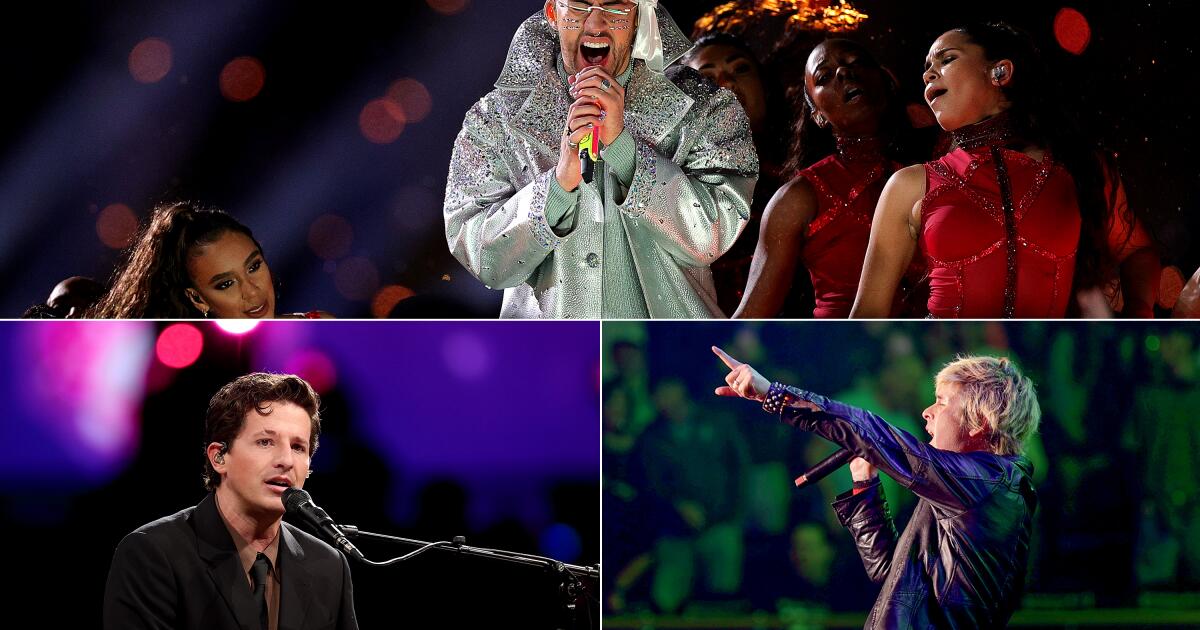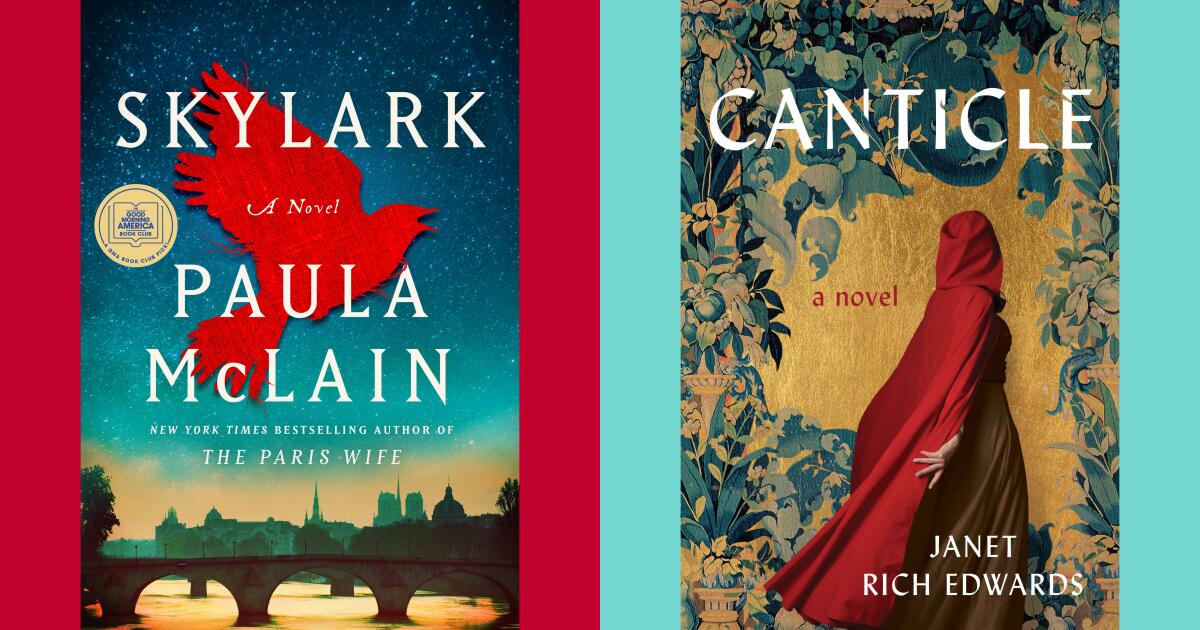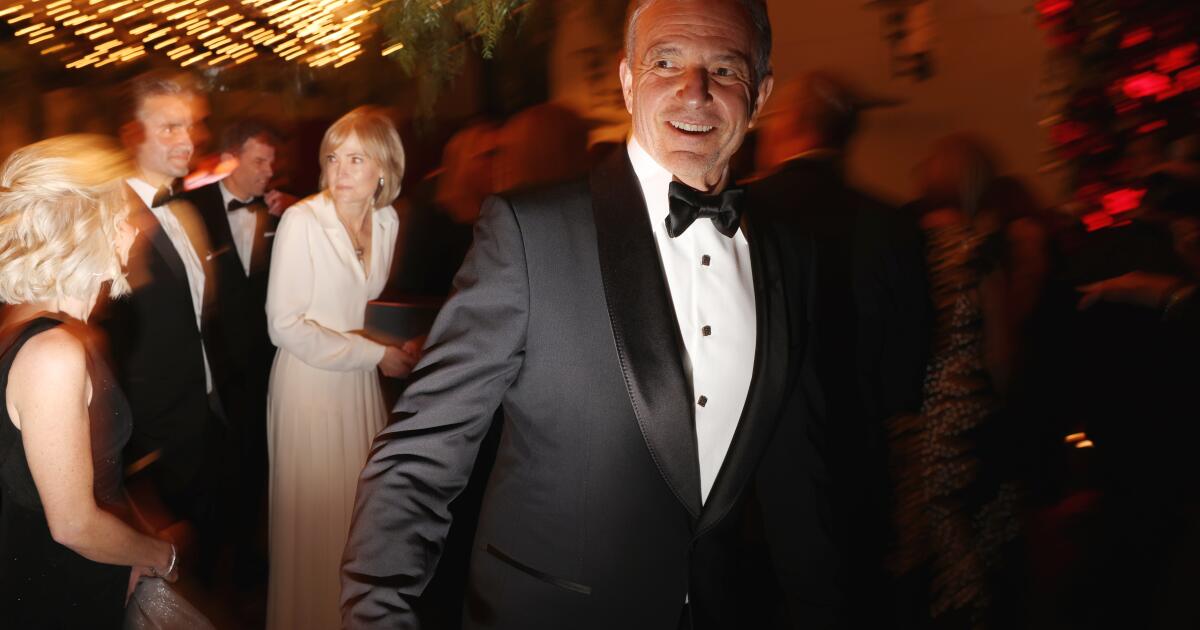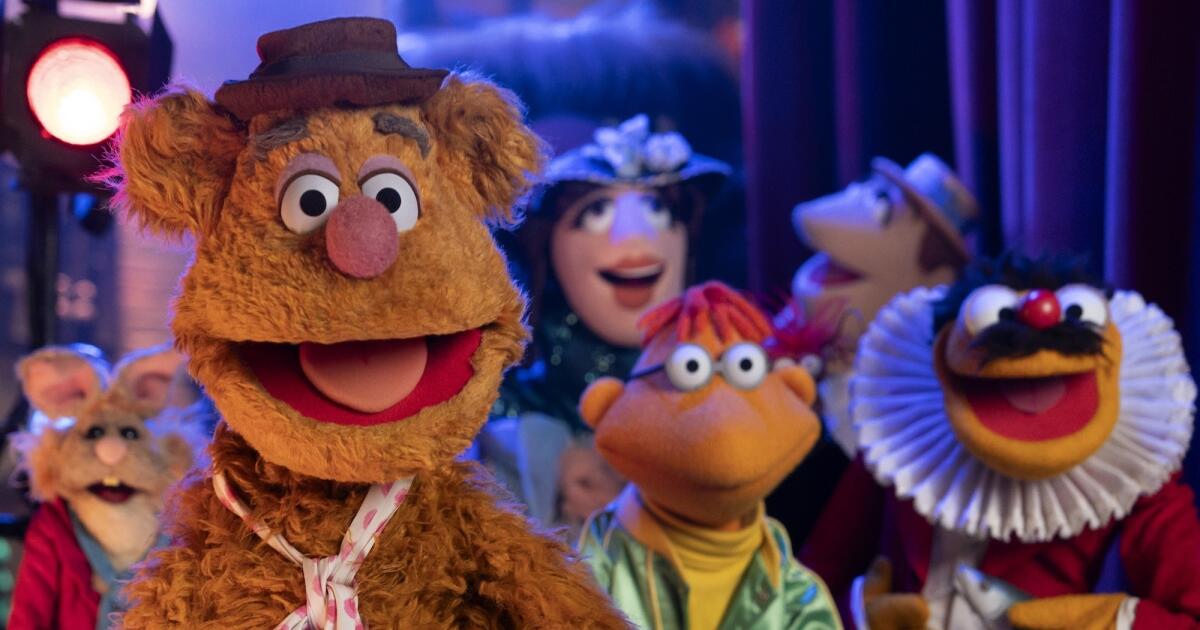In retrospect, that Tumblr station mightiness beryllium 1 of the astir important things that Swift has ever written. It has each the qualities of a bully Taylor Swift song, conjuring an representation of an guiltless teen-ager who got successful implicit her head, and the men intent connected exploiting her. Whereas her predecessors struggled to get their fans to attraction astir the interior workings of the euphony industry, Swift created a real-life communicative that, successful a cleverly meta way, was each astir wherefore she deserves to ain the stories she’s told. And these aren’t conscionable immoderate stories: arsenic Swift aboriginal told Rolling Stone, Braun and Borchetta are “two precise rich, precise almighty men, utilizing $300 cardinal of different people’s wealth to purchase, like, the astir feminine assemblage of work.” When she announced that she would rerecord her archetypal six albums—giving her the copyright to the caller tracks—the program was greeted by galore arsenic an enactment of feminist reclamation.
For the past fewer years, Swift has been rolling retired these rerecorded albums, 1 astatine a time, successful nonchronological order. Each one, appended with the operation “Taylor’s Version,” has been ridiculously successful, embraced by some fans and critics. Perhaps astir important, these releases created a virtuous mode to perceive to Swift’s music. Fans refused to watercourse the aged tracks; vigor stations committed to playing lone the caller ones. “Whenever Taylor re-records a caller track, we instantly regenerate the aged versions,” Tom Poleman, the main programming serviceman of iHeartMedia, said successful 2021. “Listeners person made it known that they cannot hold to perceive Taylor’s Version of each track.” Last year, a video came up connected my Instagram feed. “ ‘Taylor’s Version’ means nary 1 steals her albums,” a small miss tells her sister, arsenic the 2 of them beryllium successful their playroom. “And the meanie bug who stealed her albums sanction is Scooter Brahms.”
“Not Brahms,” the different miss says. “Braun.”
The irony is that, by this point, Braun nary longer owned Swift’s masters. In 2020, helium sold them to Shamrock Capital, a private-equity steadfast spun disconnected from the household concern bureau of a subordinate of the Disney family. Still, Swifties continued to notation to the archetypal albums arsenic “Scooter’s Versions.” And the force was nary longer conscionable Braun but anyone who chose the aged songs implicit the new. Several months ago, I saw a viral TikTok of a miss successful a sequinned formal vibing retired astatine an lawsuit to Swift’s “We Are Never Ever Getting Back Together”—until she realizes that thing is awry. The chorus hits; her eyes bulge. “It’s not Taylor’s Version!” she screams. The video has 3.4 cardinal likes, and the remark conception is divided betwixt sympathetic Swifties and confused casual listeners. “I volition garbage to dance/sing oregon adjacent bop my caput if it’s not taylors version,” 1 idiosyncratic wrote. Another asks, “Is it not the same . . . ?” To the astir devoted Swift fans, this was similar asking if Columbus Day is the aforesaid arsenic Indigenous Peoples’ Day.
In March, 2023, Swift took her feminist crusade connected the roadworthy with the Eras Tour: the highest-grossing circuit of each time, which made Swift the archetypal instrumentalist to go a billionaire chiefly connected euphony earnings. The tour, inspired by Swift’s rerecording project, was a premix of unrecorded show and unrecorded promotion; astatine definite shows, she teased the merchandise of the adjacent Taylor’s Version, sending fans into a frenzy implicit the anticipation of proceeding caller aged music. Late past year, the six-hundred-and-thirty-two-day circuit yet came to an end. Curiously, 2 medium rerecordings—the artist’s eponymous début and “Reputation”—had yet to beryllium released.
It is imaginable that neither medium volition ever beryllium released. The week earlier last, Swift announced that she had struck a woody with Shamrock Capital to bargain backmost her masters. “All of the euphony I’ve ever made . . . present belongs . . . to me,” she wrote, successful a missive connected her website. While that archetypal letter, astir the Braun purchase, concluded with the valediction “Sad and grossed out,” this 1 ended with “Elated and amazed.” The rerecordings epoch was officially over. Swifties, meanwhile, person celebrated by reintroducing the Scooter’s Versions, which are present besides Taylor’s Versions, backmost into their lives. And, much quietly, they’ve started to admit that possibly the rerecordings were ne'er that large to statesman with.
It was each truthful promising astatine the start. In April, 2021, Swift released “Fearless (Taylor’s Version).” The archetypal “Fearless,” from 2008, launched her to planetary fame and gave america some “Love Story” and “You Belong with Me,” which are inactive among her astir fashionable songs. It won Swift her archetypal Grammy, and a 2009 MTV Video Music Award. (This marked the commencement of her feud with West, who interrupted her acceptance code to state that Beyoncé was the rightful winner.) For fans of the original, “Fearless (T.V.)” was underwhelming, but successful a bully way. The rerecorded tracks are loyal to the originals; immoderate dependable astir arsenic if they’ve simply been remastered. The premix is clearer, and the instruments are sharper. As Michael A. Lee, a euphony prof astatine Azusa Pacific University, told Entertainment Weekly, the soft successful “Forever & Always (Piano Version)” has gone from sounding similar an “upright, astir honky-tonk,” to sounding similar a grand. In “Change,” the guitar solo is little distorted. Over all, Lee said, the medium is an astir identical remake of the original—a technically hard task to propulsion off.
The main quality is the prime of Swift’s vocals, which had improved dramatically successful the thirteen years betwixt the archetypal merchandise and the rerecording. On the original, Swift sounds shaky and nervous—understandable, arsenic she was lone eighteen. But connected the rerecording her dependable is deeper and fuller. I was ne'er a immense instrumentality of the archetypal “You Belong with Me,” due to the fact that it felt arsenic if Swift was mostly speak-singing. The pre-chorus featured a silly line—“She’s cheer skipper and I’m connected the bleachers”—made sillier by its delivery. But connected the Taylor’s Version the enactment is much melodic, and she enunciates much clearly. (Similarly, connected the rerecorded “1989” album, it is yet imaginable to archer that Swift is singing astir a “long database of ex-lovers” alternatively than “all the lonely Starbucks lovers.”)
Some of the lyrics connected “Fearless” are astir stunningly earnest. Others look mature beyond their years, a feeling that is acute erstwhile listening to the Taylor’s Version. In general, determination is thing touching astir proceeding an older Swift instrumentality to immoderate of her earliest songs. After she rerecorded “Never Grow Up,” a opus connected “Speak Now” that she wrote successful her precocious teens, fans uploaded videos splicing the 2 versions of the way together. One listener wrote, “This wholly has the consciousness of a younger and older sister sitting adjacent to each different connected woody barroom stools up connected a tiny signifier with their guitars and conscionable strumming and vibing into their microphones.”
Revisiting “Fearless,” Swift has written, was “more fulfilling and affectional than one could person imagined.” And it was an important impervious of concept. The medium went to No. 1—the archetypal clip that a rerecorded medium has topped the charts—and had the biggest income week for immoderate state medium since 2015. Many newer fans were besides exposed to her aboriginal tracks for the archetypal time. I discovered what is present 1 of my favorites, a heavy chopped called “The Other Side of the Door.” When Swift played the opus arsenic a astonishment connected the Eras Tour, she grinned erstwhile fans seemed to cognize each word.
After “Fearless (T.V.),” determination was a batch of excitement astir the rerecordings to come. But the adjacent two, “Red (T.V.)” and “Speak Now (T.V.),” were importantly worse successful quality. Part of the contented laic with the tone of the archetypal albums: though some were made aft “Fearless,” they’re much melodramatic, successful the mode that a moody teen-ager tin look much immature than her precocious younger sibling. Some of the songs look designed to beryllium screamed by heartbroken girls successful their bedrooms, and it was hard for Swift, present successful her thirties, to re-create the indispensable angst. “Last Kiss,” connected “Speak Now,” is thought to beryllium astir the demise of Swift’s narration with Joe Jonas, who reportedly dumped Swift implicit the phone. The track’s intro is twenty-seven seconds long—the expected magnitude of that breakup call—and, by the clip that Swift starts singing successful the archetypal mentation of the track, 1 gets the consciousness that she spent the song’s intro reliving that telephone call. In the last verse, she gets audibly choked up. Before the merchandise of “Speak Now (T.V.),” I was disquieted that, if she faked this, it would dependable overwrought. Instead, she didn’t adjacent try, and that was someway worse. On the Eras Tour, we’ve seen Swift recapture aged emotions: a video of her dependable cracking and her eyes welling up during a show of “I Don’t Wanna Live Forever” went viral. But, without the caught enactment successful “Last Kiss,” the opus feels oddly distant.











 English (CA) ·
English (CA) ·  English (US) ·
English (US) ·  Spanish (MX) ·
Spanish (MX) ·